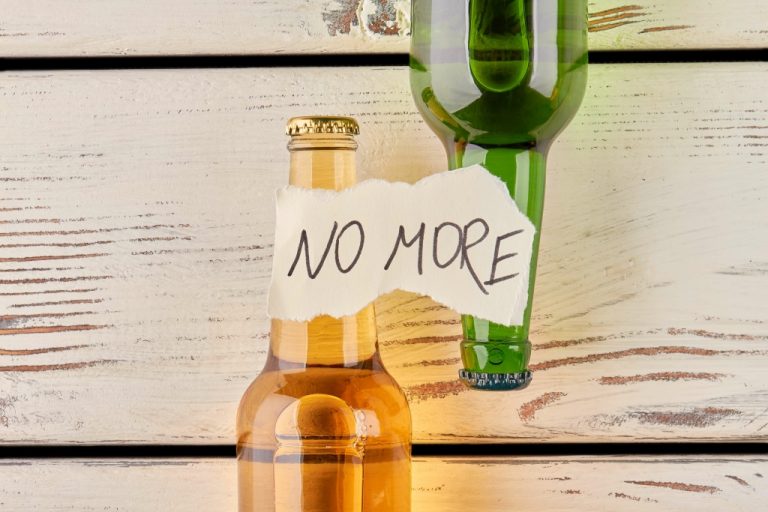Is Alcohol a Blood Thinner? Its Effects on Clotting, Cardiovascular Health, and Responsible Use
Alcohol depresses your central nervous system (CNS), and the “buzz” you feel is the neurons in your brain and spine which aren’t firing as quickly as they would like to be. It gets absorbed into your bloodstream, and your liver must do the hard work of filtering it out. Wherever you are on your journey, Birch Tree Recovery can work alongside you to create a healthier life, establish self-connection, and instill effective coping mechanisms. According to the National Blood Clot Alliance (NBCA), in the U.S., more than 8 https://solucioneslogisticasintegrales.com/2024/06/25/mash-certified-sober-house-transitional-living-2/ million people currently take them.
Moderation and Responsible Drinking
If you or a loved one suffers from alcohol use can alcoholism cause blood clots disorder or are misusing other blood thinners, seek treatment immediately. Get a professional addiction expert to help craft a recovery plan that puts you in charge of your own sobriety journey. Thin blood from alcohol can increase the risk of excessive bleeding from even minor injuries. It can also lead to complications during surgery or invasive procedures.
Alcohol Usage and Blood Thinning
- In this article, we will delve into the complex relationship between alcohol and blood thinners and what consequences can occur if one drinks while on a blood thinner.
- When this artery is completely blocked, it can result in a heart attack.
- When you cut yourself or experience an injury, platelets help to form a plug at the site of the injury to stop the bleeding.
For individuals taking warfarin, an international normalized ratio (INR) test measures the blood’s clotting time. Alcohol consumption can elevate marijuana addiction INR levels, indicating a higher risk of bleeding. Maintaining a stable INR is crucial for the safe and effective use of warfarin. For individuals taking warfarin, an international normalized ratio (INR) test measures the blood’s clotting time. Combining alcohol with blood thinners poses certain risks that individuals should be aware of, as it can have implications for both health and medication effectiveness.
Alcohol Interactions with Anticoagulants and Antiplatelet Medications

Heavy alcohol drinking while taking clopidogrel can cause ulcers and irritate the stomach. For instance, if you start drinking just to drink, that’s a concerning behavior. If you start drinking beverages you don’t actually enjoy because you like how they make you feel, or because they are cheap and have high alcohol content, that’s another concerning sign. To start living life drug or alcohol-free, book an appointment today. They will consider the state of your health and the medications you take. According to research, having one or two drinks infrequently is considered safe.

Women’s Health ConcernsWomen are often more biologically sensitive to alcohol’s effects. The same quantity of alcohol can yield higher blood alcohol concentrations, potentially intensifying any mild anticoagulant or negative systemic outcomes. In short, there are safer, more proven ways to manage or reduce clotting risks than relying on an uncertain mild antiplatelet effect from alcohol. Increased FibrinolysisSome research also suggests that moderate alcohol use may increase fibrinolysis—the breakdown of clots—by slightly altering specific enzymes. This can further tilt the balance toward less clot persistence, in line with a mild “thinning” effect. Blood thinnersare medications given to people with a high risk of dangerous levels of blood-clotting.
LEVELS OF CARE
- One significant indicator is the inability to control alcohol consumption.
- For those struggling with alcohol misuse, giving up drinking while on blood thinners can be difficult.
- While the blood thinning effect of alcohol can be beneficial, there are a lot of other symptoms and side effects of alcohol use that are not beneficial.
- This cumulative thinning effect can lead to increased bleeding risk and other blood-related health issues.
Conversely, chronic heavy alcohol use can sometimes reduce the effectiveness of some anticoagulants, increasing clot risk. Age is another factor, with older individuals facing a higher risk of clot-related events. Heavy or chronic alcohol consumption can disrupt this delicate balance, potentially increasing clot risk.

